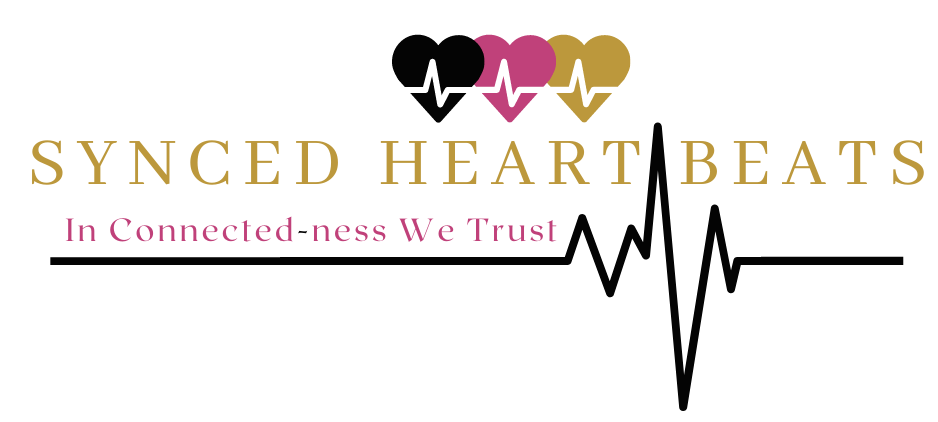If you’re reading this blog for the first time, or you haven’t gotten the chance to know me, I need to preface this by saying that I have interests in music, cultures, and especially how those interplay. Essentially, I to want to grow up to be an ethnomusicologist, or an anthropologist of sound. So when my professor, who I travelled to India with in 2015, shared that my university was hosting a music symposium where scholars, composers, and performers that brought together Western and Indian traditions would come to speak about their work I was ecstatic.
The three days of the symposium were filled with many inspiring conversations and opportunities to explore. This whole event was significant because (even as one of the presenter’s pointed out...) this was probably one of the few spaces in our region where people who are interested in cross-cultural musical phenomenons and projects could come together for a discussion. The presentations ranged from composer’s debuting and talking about their work, to performances that showcase both Indian classical and Western influences, to new technology and systems to accommodate cross cultural communication, and a dissection of classical, pop, indie, fusion and every genre in between.
One of the greatest aspects of the symposium was the intimacy throughout the weekend; the personality of the symposium was kept light and welcoming, which is probably a big reason why I stayed as long as I did. Simply as an attendee, I was able to have lunch with the presenters, make connections, and felt comfortable enough to ask questions freely. This isn’t the case in many other situations like these. The relaxed ambiance of the symposium made the entire weekend so much richer and allowed for more learning opportunities than had it been run with formalities.
If I'm to highlight one session from the entire weekend, I would say I was most touched and intrigued by the last one. Pavithra Chari is a musician from New Delhi, India who wears many hats. She is a composer, performer, educator, etc. While everyone shared their life work, her speech to the symposium attendees was particularly raw and personally driven. I'm not sure if she would identify this way, but from my perspective there was something so innately feminist about it all. Calling upon the feminist theory, "the personal is political," Pavithra's fusion of Hindustani classical with ethereal electronic music was so authentically her and embraced tradition in a unique way. I was able to see Pavithra again when she came to my class the following Monday; she led a discussion on her life as an indie/classical fusion artist and composer in India with our class. Her band Shadow and Light can be heard on soundcloud!
If I'm to highlight one session from the entire weekend, I would say I was most touched and intrigued by the last one. Pavithra Chari is a musician from New Delhi, India who wears many hats. She is a composer, performer, educator, etc. While everyone shared their life work, her speech to the symposium attendees was particularly raw and personally driven. I'm not sure if she would identify this way, but from my perspective there was something so innately feminist about it all. Calling upon the feminist theory, "the personal is political," Pavithra's fusion of Hindustani classical with ethereal electronic music was so authentically her and embraced tradition in a unique way. I was able to see Pavithra again when she came to my class the following Monday; she led a discussion on her life as an indie/classical fusion artist and composer in India with our class. Her band Shadow and Light can be heard on soundcloud!
So what did this weekend mean for me? It meant that I was in a space surrounded by those with the same particular interests that I had, which is a really cool thing especially in academic settings and the topic at hand is reworking and undoing the western dominance in social and artistic standard. It was reaffirming that I was in a space that I needed to be in at that moment, that I had arrived to a moment of right place and right time in my life.
Check out Shastra and go here for an indepth schedule of how the weekend went. Info on the image in the post header can be found here.
Musically yours,
Priscysinger1


No comments:
Post a Comment